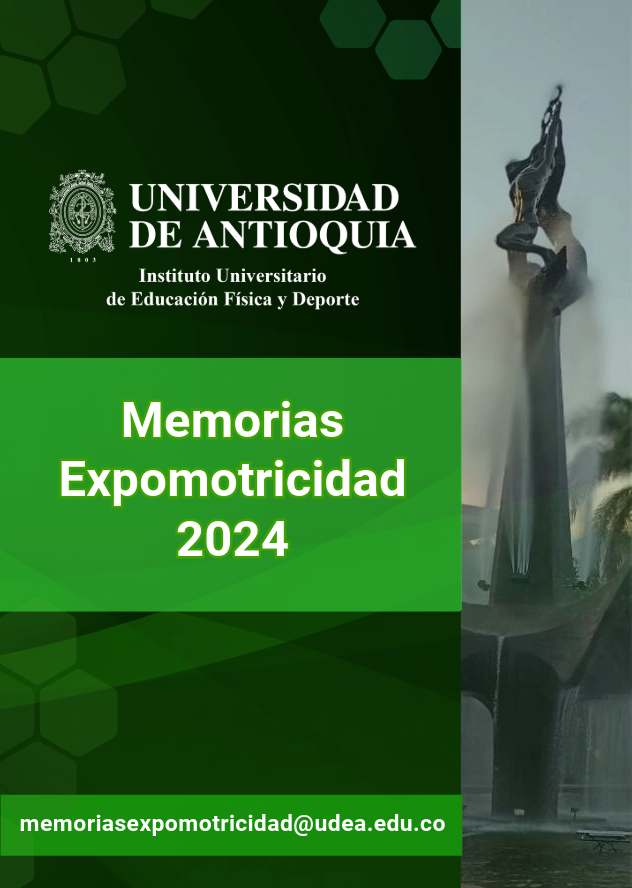Influence of neoliberalism on physical education teachers training in Colombia 1990-2000
Keywords:
curriculum design, neoliberalism, discursive practices, pedagogical practicesAbstract
In Colombia during the last decade of the twentieth century, educational policymakers introduced neoliberal discourses that had a significant impact on curriculum design, pedagogical practices, and dominant university discourses. This led to a reorientation of physical education towards a more individualistic and utilitarian approach, breaking with previous conceptions that prioritized integral education and changing the educational context. The aim of this article was to analyze the influence of neoliberalism on the discursive and pedagogical practices of Colombian physical education teachers trained between 1990 and 2000. To analyze the discourses, we used: (1) Foucauldian archaeology to determine the rules of formation of these discourses, and (2) Foucauldian genealogy to analyze the ways in which the relations of forces are configured, as well as the strategies of power present in the bodily and discursive practices of the subjects. To collect the information, interviews were conducted and the speeches of the institutional documents of the time were analyzed. Discursive practices are the ways people use language in different social contexts and situations to construct meanings, relationships, and power. These practices include the use of words and phrases, gestures, silences, tone of voice, and other nonverbal elements that are part of discourse. Discursive practices are influenced by cultural, historical, political, and economic factors and can vary according to the social position and power of the speakers. Moreover, discursive practices are not only a matter of communication between individuals, but are also related to the construction of collective identities and the formation of broader discourses in society.
Downloads
References
1. Foucault, M. (2002). La arqueología del saber. Siglo XXI.
2. Foucault, M. (1976). La voluntad de saber. Ediciones de la Piqueta.
3. Foucault, M. (1996). El orden del discurso. Ediciones de la Piqueta.
4. Foucault, M. (s. f.). El sujeto y el poder. http://www.philosophia.cl/biblioteca/Foucault/El%20sujeto%20y%20el%20poder.pdf
5. Foucault, M. (2002). Vigilar y castigar: nacimiento de la prisión. Siglo XXI.
Downloads
Published
How to Cite
Issue
Section
License
Copyright (c) 2024 Pedro Nel Urrea Roa

This work is licensed under a Creative Commons Attribution-NonCommercial-ShareAlike 4.0 International License.




